Are You Looking For a Physiotherapist In Cronulla, New South Wales?
Why Book at Southside Physiotherapy?
Expert Care. Proven Results. Convenient Location.
When it comes to your health, you deserve the best and that’s exactly what we deliver.
At Southside Physiotherapy, we combine clinical expertise with genuine care to provide results-driven physiotherapy that puts you first.
Our experienced team doesn’t just treat symptoms, we pride ourselves on our pain to performance approach to client care where we take the time to understand the root cause of your pain and create a personalised plan to help you move better, feel stronger and get back to what you love. Our model is relieving symptoms, restoring function and improving your long term health.
Because it's not just about living longer—it's about living well. Prioritising your health span means staying active and independent for as many years as possible.
Make your health a priority and book an appointment with one of our expert physios and take the first step towards better health.
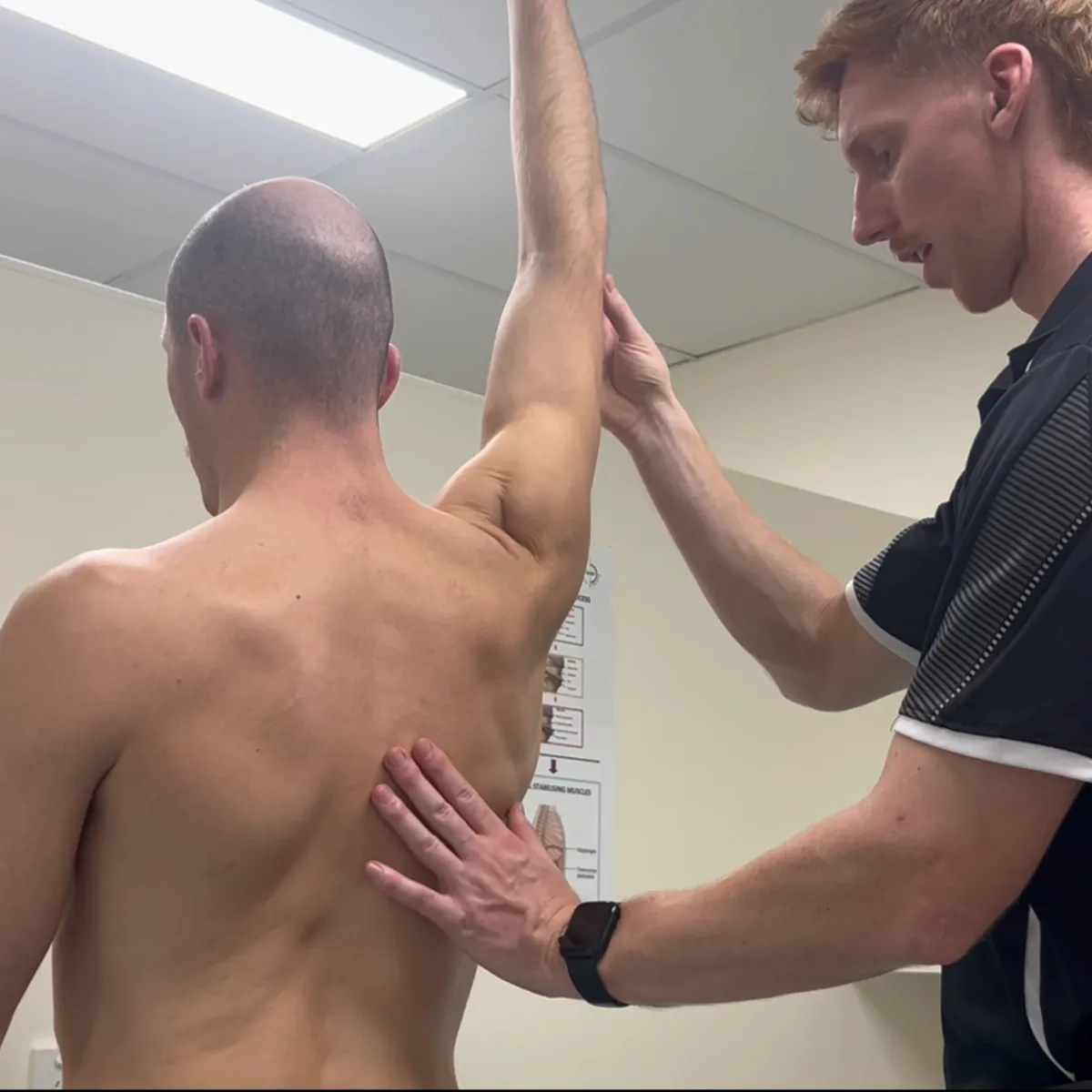
Southside Physiotherapy was established in 1985 and has consistently provided a high standard of Physiotherapy care to Cronulla residents and professionals, as well as the broader community.
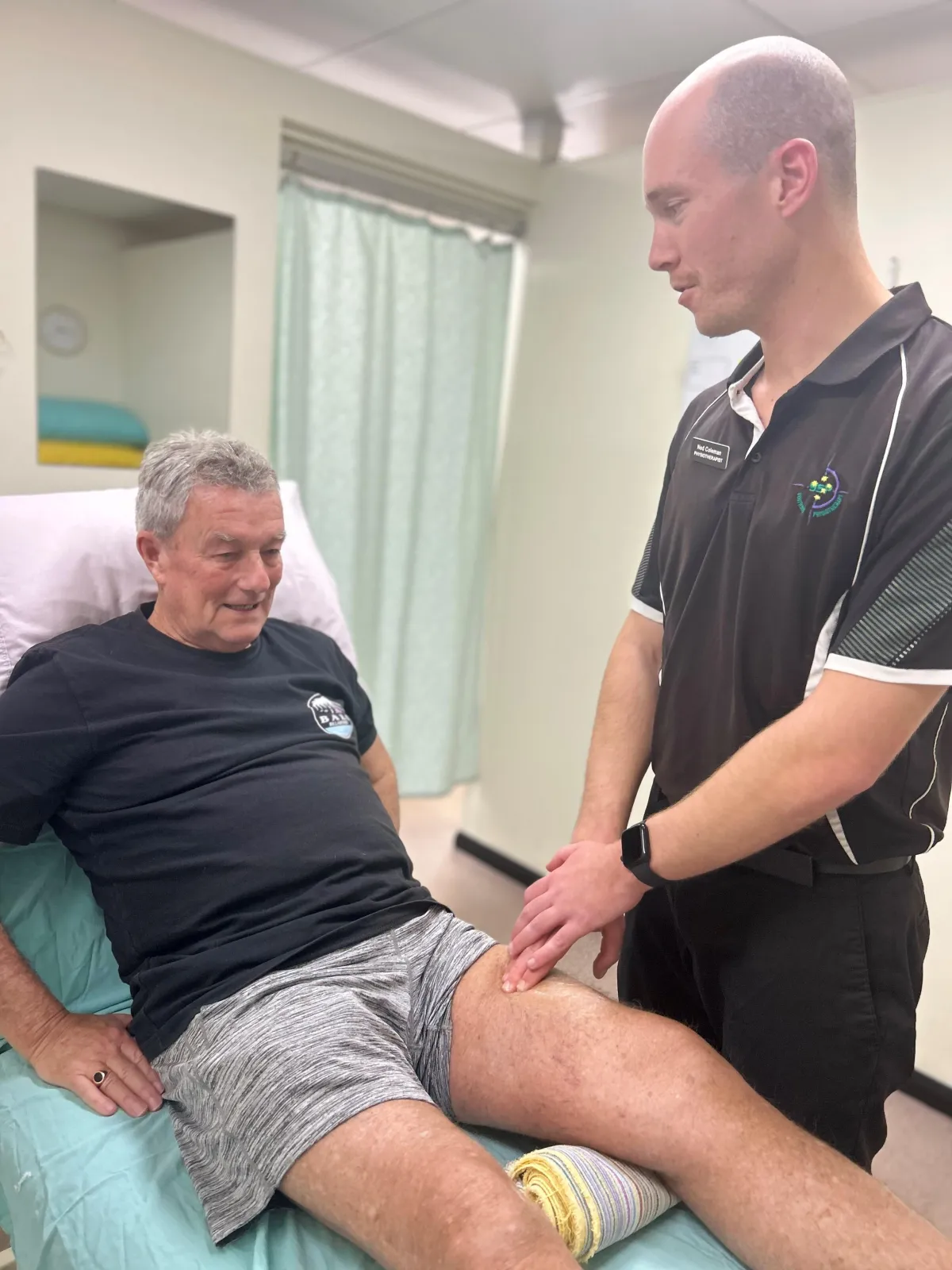
What Sets Us Apart?
Southside Physiotherapy combines extensive experience in professional sporting teams with strong local community involvement.
We focus on maximising your performance using the Pain to Performance model, which involves relieving symptoms, restoring function, and improving long-term health.
Our personalised Reformer and Pilates classes focus on core strength, injury prevention and are tailored to each individual, ensuring clients move with improved stability, control and confidence.
Southside Physiotherapy’s purpose-built gym provides a supportive, non-intimidating space to aid rehabilitation and overall wellbeing and is designed to help clients transition confidently from treatment to daily life.
Confused about your pain and not sure what to do?
Get clear, professional advice in our free downloadable information packs
Back Pain
Understand why back pain happens and how to help it
Shoulder Pain
Understand why shoulder pain happens and how to help it
Knee Pain
Understand why knee pain happens and how to help it
How Can We Help?
At Southside Physiotherapy we treat a wide range of conditions from everyday aches to complex injuries. Whether you're dealing with a recent injury or something that’s been nagging you for a while, our experienced physiotherapists can help you understand the cause and work towards lasting relief.
We commonly help clients with:
Back pain – from stiffness and postural strain to disc injuries and sciatica
Neck pain & headaches – including tension, whiplash and desk-related strain
Shoulder pain – such as rotator cuff issues, bursitis and frozen shoulder
Knee pain – from ligament injuries and arthritis to patellofemoral pain
Hip & pelvic pain – affecting movement, stability or sleep
Ankle & foot problems – including sprains, Achilles issues and plantar fasciitis
Post-surgical recovery – regain strength and mobility after orthopaedic surgery
Sports injuries – from sprains and strains to overuse injuries
Balance and dizziness issues – including BPPV and vestibular dysfunction
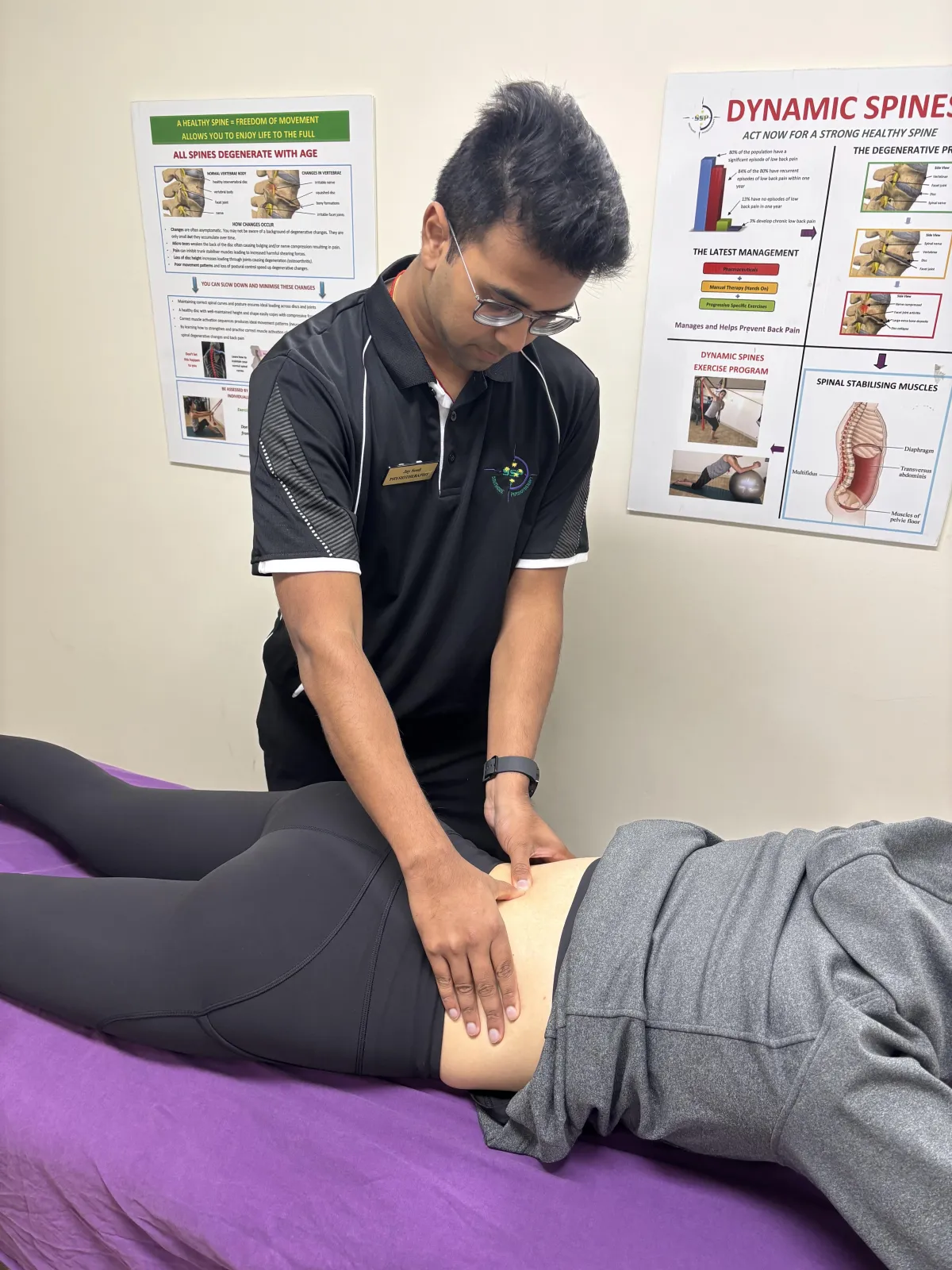
PD Warrior
Southside Physiotherapy are a certified PD Warrior Licensee.
PD Warrior is a world-renowned early intervention strategy for Parkinson’s Disease.
PD Warrior exercise programs lead the way in neuroactive exercises designed to retrain your brain and improve your Parkinson’s symptoms.
Exercises are tailored to your type of Parkinson's, all focused on slowing your symptoms.
82 Burraneer Bay Rd, Cronulla, NSW 2230
Mon-Thurs 7am-6:30pm, Fri 7am-5pm, Sat 8am-11am

Contact us today to speak with our friendly team and find out how we can help you feel your best
Latest Tips and Advice
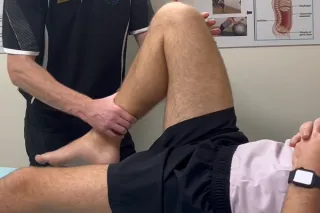
What Do Physios Recommend for IT Band Syndrome?
Learn how physiotherapy helps runners recover from IT band syndrome. Southside Physiotherapy Cronulla provides pain relief, rehab, and injury prevention. ...more
Physiotherapy
November 27, 2025•4 min read
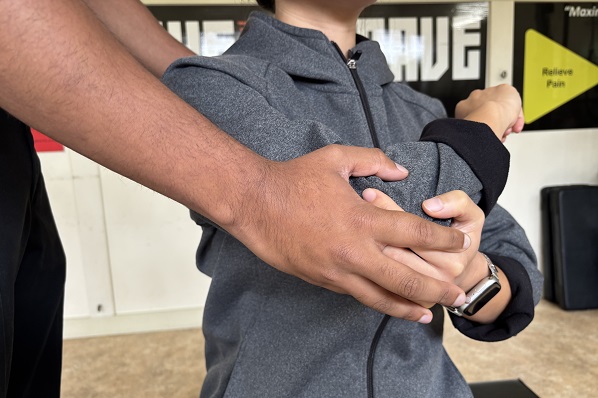
Does Physiotherapy Help Arthritis?
Learn how physiotherapy can help manage arthritis pain and stiffness. Southside Physiotherapy Cronulla supports better movement and quality of life. ...more
Physiotherapy
November 20, 2025•4 min read
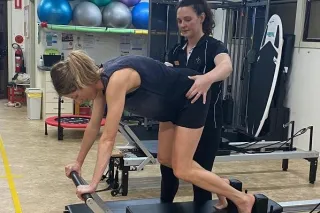
Women in Sport: Physiotherapy Tips for Injury Prevention in Cronulla
Stay active and injury-free with women’s physiotherapy tips from Southside Physiotherapy Cronulla. Learn how to prevent sports injuries and build strength safely. ...more
Physiotherapy
November 13, 2025•4 min read
We’re proud to be connected with trusted professional affiliations and community partners
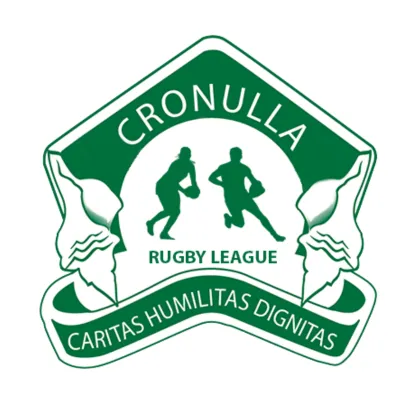


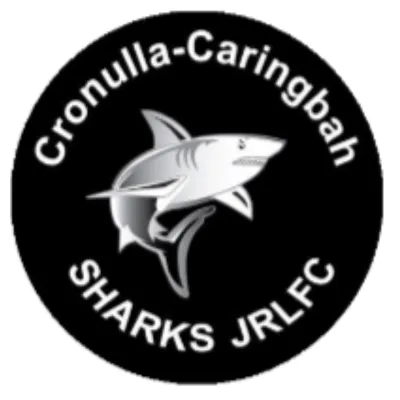




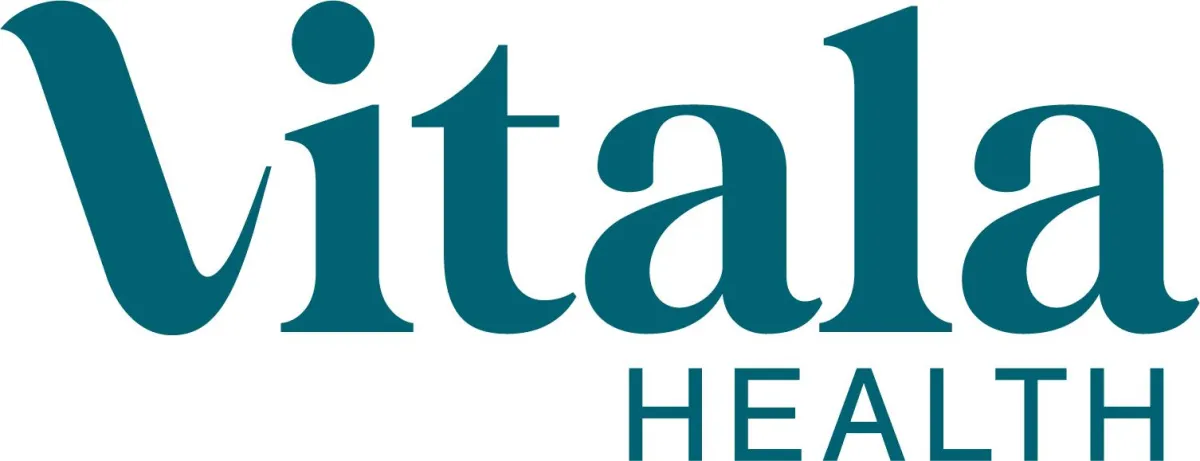
Southside Physiotherapy is powered by Vitala Health, a group of Allied Health Practices across New Zealand and Australia.
Vitala Health provides clinical solutions that supports clients health and lifestyle needs through best practice treatment, premium facilities, education and ongoing commitment to customer service. Learn more about Vitala Health
If you have any questions before scheduling an appointment or for general enquiries, please contact us. Our team will promptly reach out to assist you.
Opening Hours
Mon: 7:00am - 6:30pm
Tue: 7:00am - 6:30pm
Wed: 7:00am - 6:30pm
Thu: 7:00am - 6:30pm
Fri: 7:00am - 5:00pm
Sat: 8:00am - 11:00am
Sun: Closed

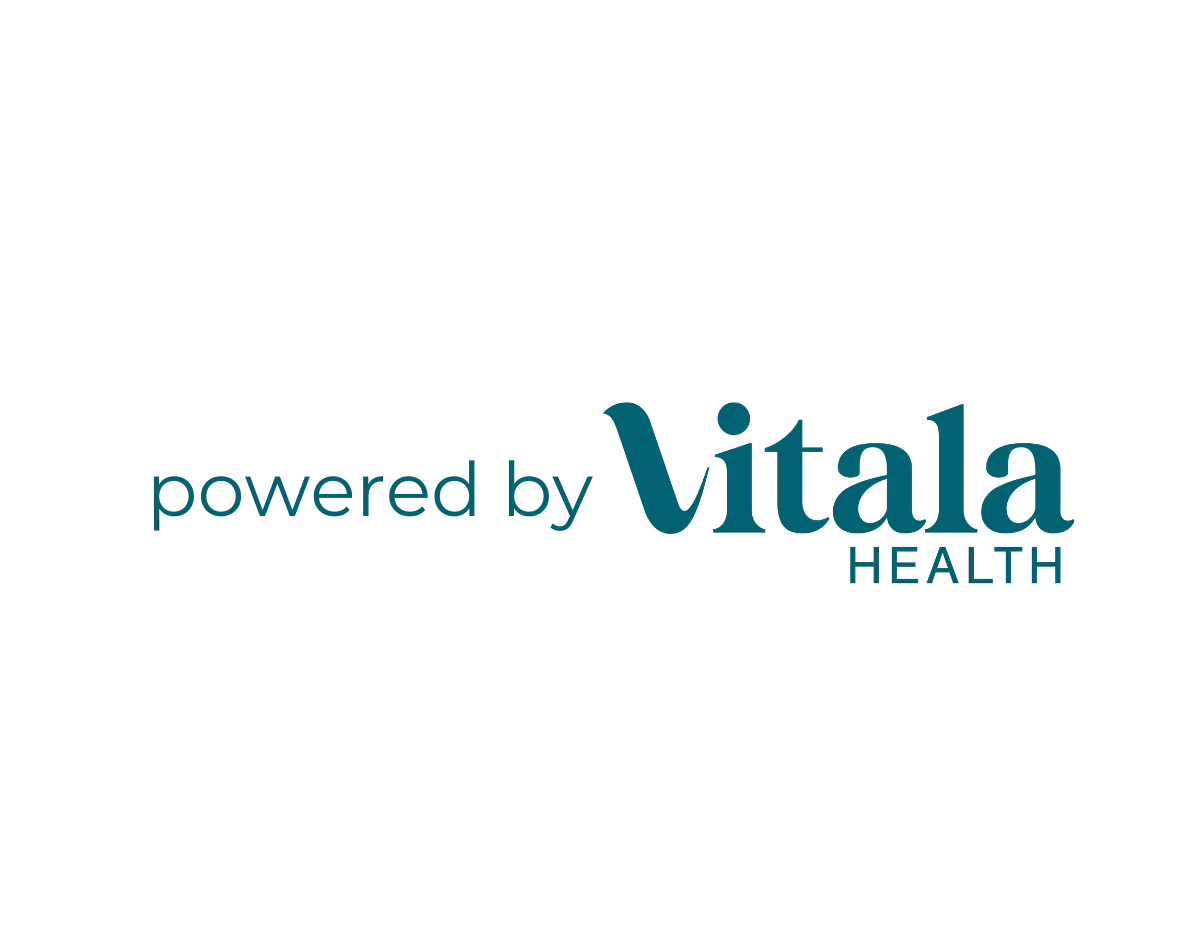
Follow Us
The Clinic
Common conditions
© Copyright 2025. Vitala Health. All rights reserved.

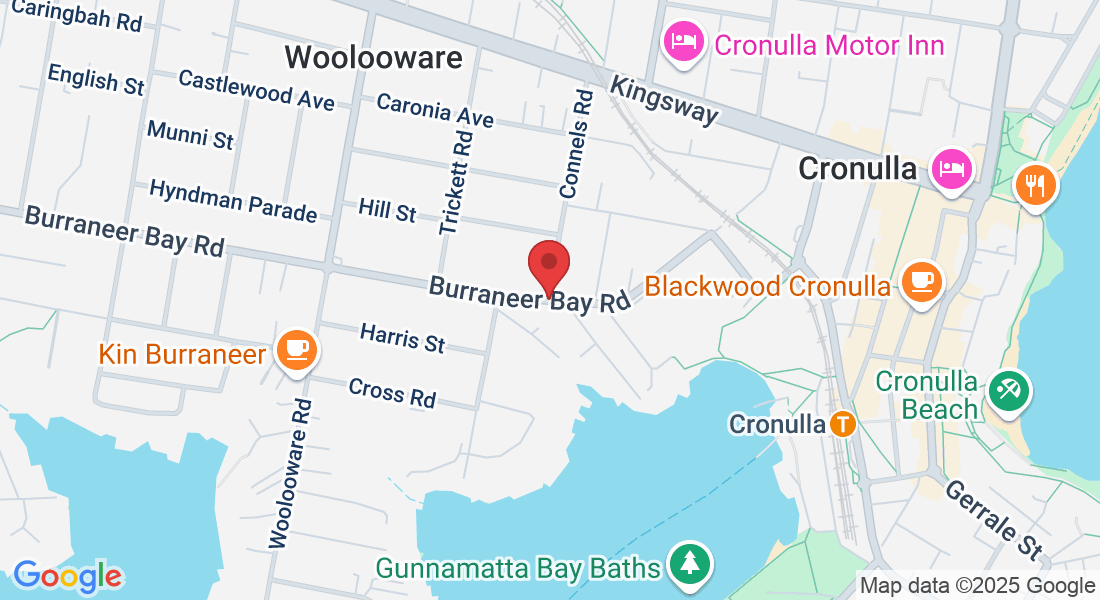
Facebook
Instagram
Youtube